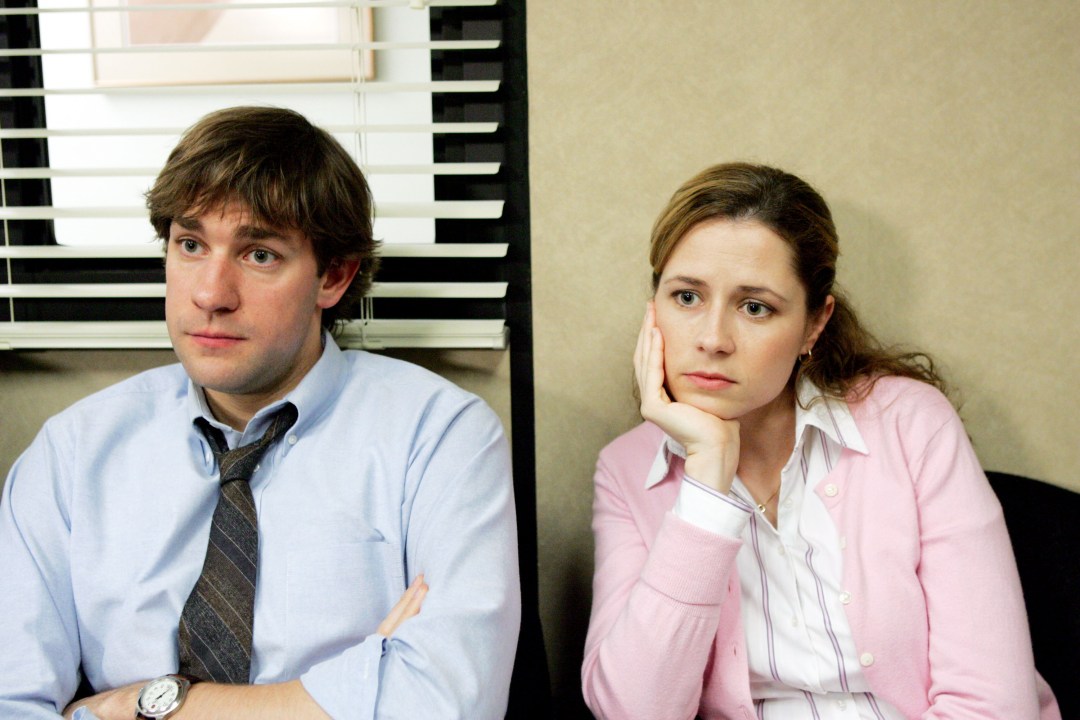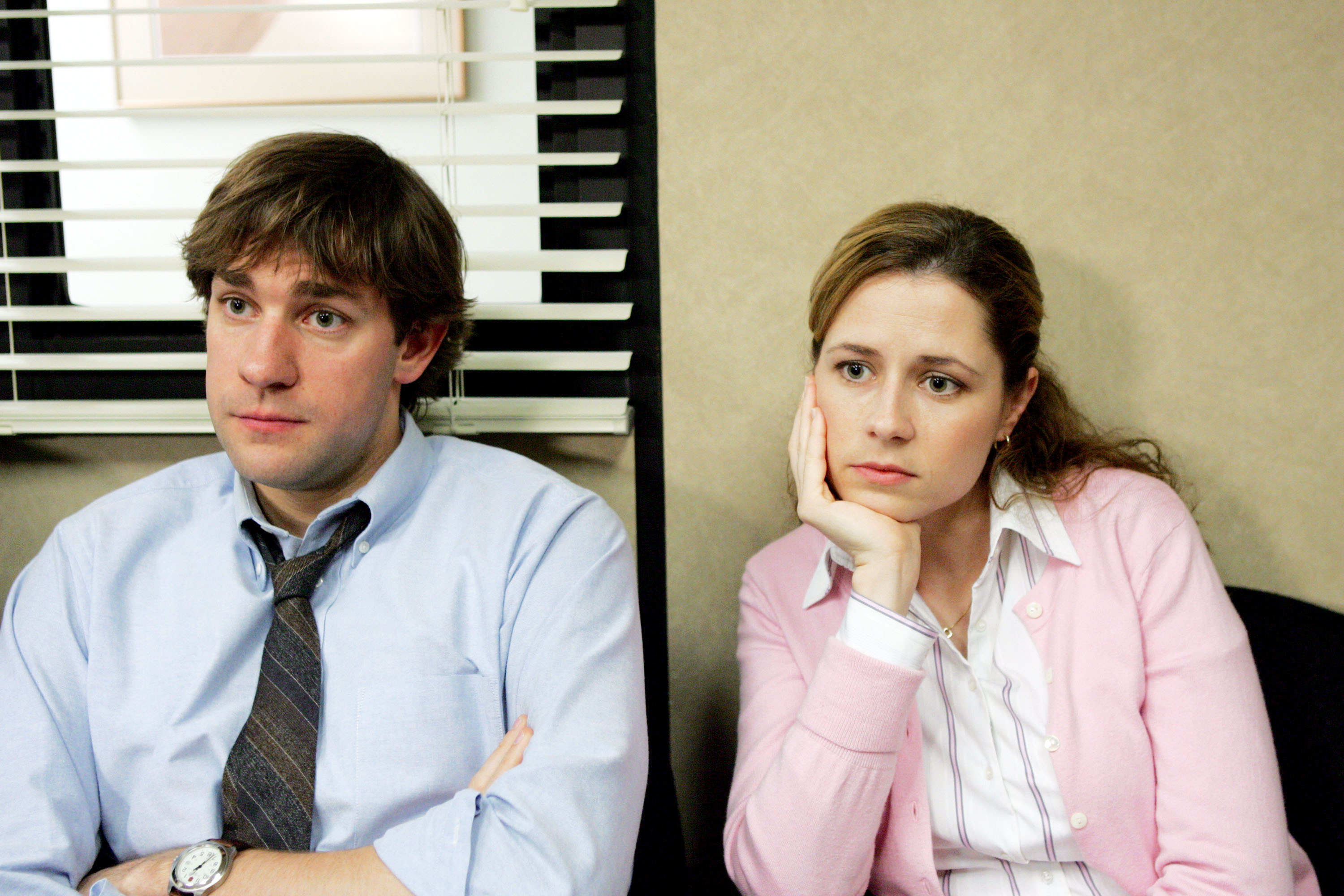The office, as we once knew it, is dead. Zoom has killed it; the digital genie is out of the lamp. What most of us didn’t realise before Covid – back in April 2020 – was that the closure of offices was final and that the daily commute may well be confined to the history books.
Even when things return to ‘normal’ we won’t be able to uninvent remote working, and companies know it. In fact, many of them knew it before the pandemic struck. As one leading business figure told me back the early summer, Covid – by forcing remote working – allowed companies to activate a decade’s worth of mooted corporate culture change in just three months.
An awful lot of workers will be more effective and happier as a result. The hours saved from tortuous commutes could create a productivity boom for Britain and the world. Let’s hope so, anyway.
What’s clear is that offices will be starkly different from what we have understood them to be over the last two centuries. The humdrum association with the 9 to 5 will disappear faster than your set desk space.
The future of the office is as a theatre of work, where you’ll be on the receiving end of a massive hit of social interaction and creativity
Instead, offices will exist as places where we meet to exchange ideas and foster the humanity at the core of our collective endeavours. They’ll also help inculcate critical intangibles like corporate culture and values – so very hard to achieve over Slack.
As a result the office will essentially become the theatre of work: a giant break-out area for meetings, training and the exchange of ideas. And, in doing so, it might actually regain some of its appeal. Could it be a place we actually look forward to being in?
A clue as to what this means in the short term can probably be discerned in how some companies approached the task of attempting to lure back reluctant home-workers after the first lockdown. Investment banks in the City began offering free food and Friday night drinks to their staff who returned to the office. One of them, Goldman Sachs (which has a medical centre and childcare onsite), also encouraged staff to relax on its rooftop garden or join classes in its gym, according to Reuters. I expect you will see food and beverage – including top-notch lattes on tap – becoming an ever more important part of the office offering in the future, not least because of the role they and mealtimes can play in promoting corporate corps d’esprit.
The quality of the office experience will set the good companies apart from the bad. In the early noughties, companies like Google made headlines out of their playful, home-from-home office spaces by putting ping pong tables in the lobby and boasting about their staff’s freedom to decide their own schedules, much like they would at home. Now, the emphasis of our office gatherings won’t be on home comforts but on spectacle and occasion – much like a drinks do or a trip to the theatre. Companies will attempt to outdo each other not on office mod cons but on the buzz of the corporate gathering.
A few desks might survive, but they will increasingly be an irrelevance.
If you don’t believe me, then remember that this isn’t just what workers want – surveys have repeatedly shown they want more flexibility in their working lives. Going remote is also what lots of employers want too. Not only does a happier worker do better work, but it’s cheaper too, much cheaper. As Barclays CEO Jes Staley said last July: ‘The notion of putting 7,000 people in the building may be a thing of the past.’
As the boss of a professional services company told me just the other day, when people are working from home you can really see who in the team is performing well – and who isn’t. ‘Mediocrity hides in an office,’ he told me.
Down the line, this shift to more or less permanent home working brings greater benefits for companies too; as well as renting smaller office spaces they can relocate away from expensive centres and pass those reduced costs onto staff (in higher salaries) or customers (in lower charges) or shareholders (in higher profits).
That again points to greater efficiency for all concerned and might even help the government’s levelling up agenda if companies start to migrate from London.
The other downside is for people whose homes are a poor substitute for the office. Those living with flatmates or children in cramped living space may have grown tired of competing over who gets first dibs on the kitchen table or sofa. They will lose the option of going to an office because it simply won’t exist. But perhaps once enough old corporate space is reallocated to residential use, living alone or in more spacious surrounds might become more affordable.
What won’t happen is a sudden return to work like it’s 1995 all over again. Just as the Victorian counting house met the counting machine, and just as Microsoft Word and the PC killed the typing pool, now the office – with its rows of desks, contested swivel chairs, chipped mugs, and faded strands of last Christmas’s streamers – is gone. This overstayer of the twentieth century is following the fax machine and stationery cupboard into oblivion.
Perhaps even now, somewhere, a museum curator is eyeing up an office space which he or she can ‘save’ for the world so that future generations might gaze in mild horror at the plastic desks, carpet tiles and curling Post-it Notes withering under the remorseless strip-lights. ‘Did you really spend 40 hours a week there, granddad?’
The future of the office is as a theatre of work, where you’ll be on the receiving end of a massive hit of social interaction and corporate effort to make the best of you. Gone are these destinations for Cratchitian drudgery. Do that at home. This place is about inspiration.







Comments